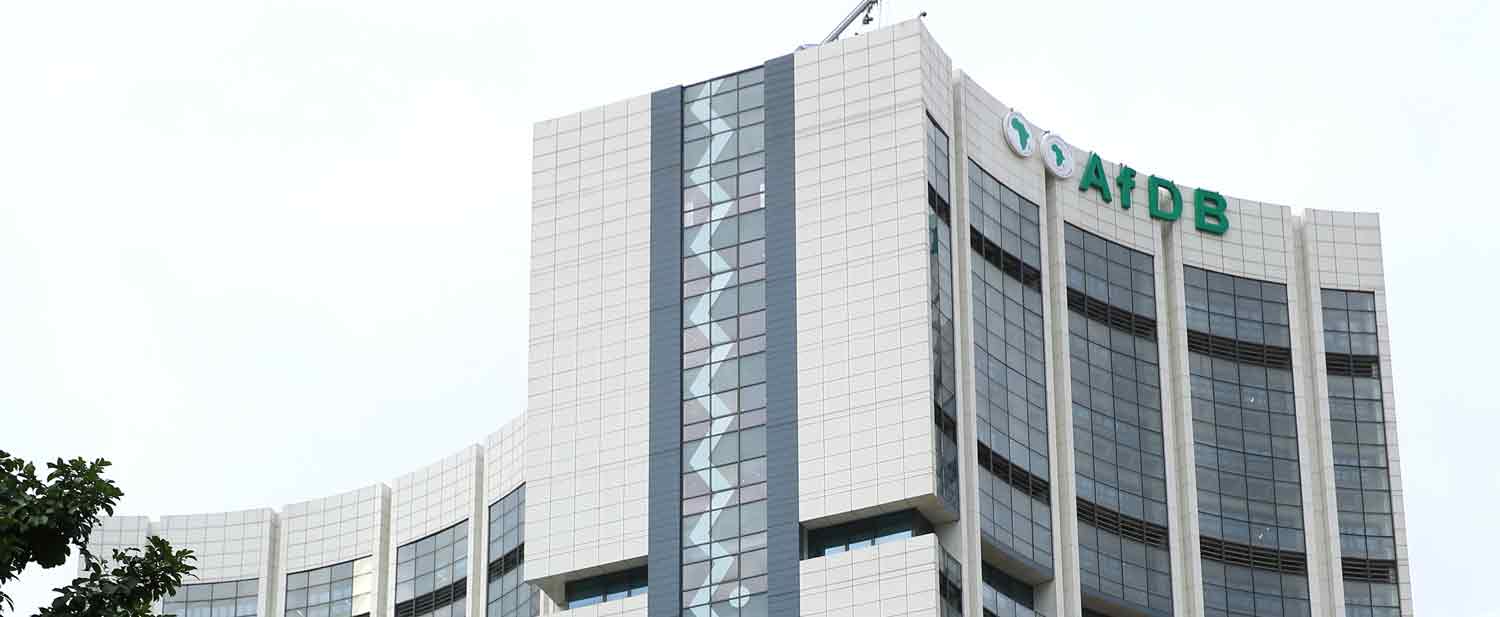AfDB: Nigeria’s economy to decelerate, average 3.2% by 2023

African Development Bank (AfDB) has stated that the Nigerian economy will grow by an average of 3.2 percent between 2022 and 2023 amid low oil production and rising insecurity.
This was made known by AfBD in its African Economic Outlook 2022 report released on Wednesday at its ongoing Annual General Meeting (AGM) in Accra, Ghana.
In the report, AfDB said growth in the West African region was driven by Nigeria, the region’s largest economy.
“Average growth in the region stood at 4.3 per cent in 2021 and is projected to remain strong at 4.1 per cent in 2022,” the report reads.
It said Nigeria’s GDP would grow by 3.4 per cent in 2022 and 3 per cent in 2023, representing an average of 3.2 per cent in two years, despite the rising food, diesel and gas prices and persistent supply disruptions amplified by the Russia–Ukraine conflict.
The report further showed that the Nigerian economy would benefit from the high oil prices, recovery in the service and manufacturing sector, and government policy support for agriculture.
“Nigeria’s growth was led largely by services, partly offsetting the contraction in oil output,” it adds.
“Growth will decelerate, averaging 3.2% during 2022–23, due to persistently low oil production and rising insecurity. Inflation is projected to remain elevated at 16.9% in 2022 and stay above pre-pandemic levels in 2023, fueled mainly by rising food, diesel, and gas prices and persistent supply disruptions amplified by the Russia–Ukraine conflict.
“Capital inflows are projected to recover, while oil exports are projected to increase slightly. The benefit of a forecast positive oil price shock on exports may, however, be partly offset by a weak output effect due to lower oil production, stoked by infrastructure deficiencies and rising insecurity.
“The projected marginal current account surplus of 0.1% of GDP in 2022 could turn into a deficit of 0.2% in 2023. Improved revenue collection will help narrow the fiscal deficit to an average of 4.5% of GDP. Public debt is targeted to reach 40% of GDP by 2024 on fresh borrowing.
“The headwinds to the outlook may be exacerbated by rising insecurity and policy uncertainty underpinned by reversal of initially planned removal of subsidies on premium motor spirit a year before the 2023 elections.”
The report urged Africa to apply the policy of boosting vaccination rates, cautious monetary policy, and increase investment in the healthcare system.
The post AfDB: Nigeria’s economy to decelerate, average 3.2% by 2023 appeared first on NEWS.